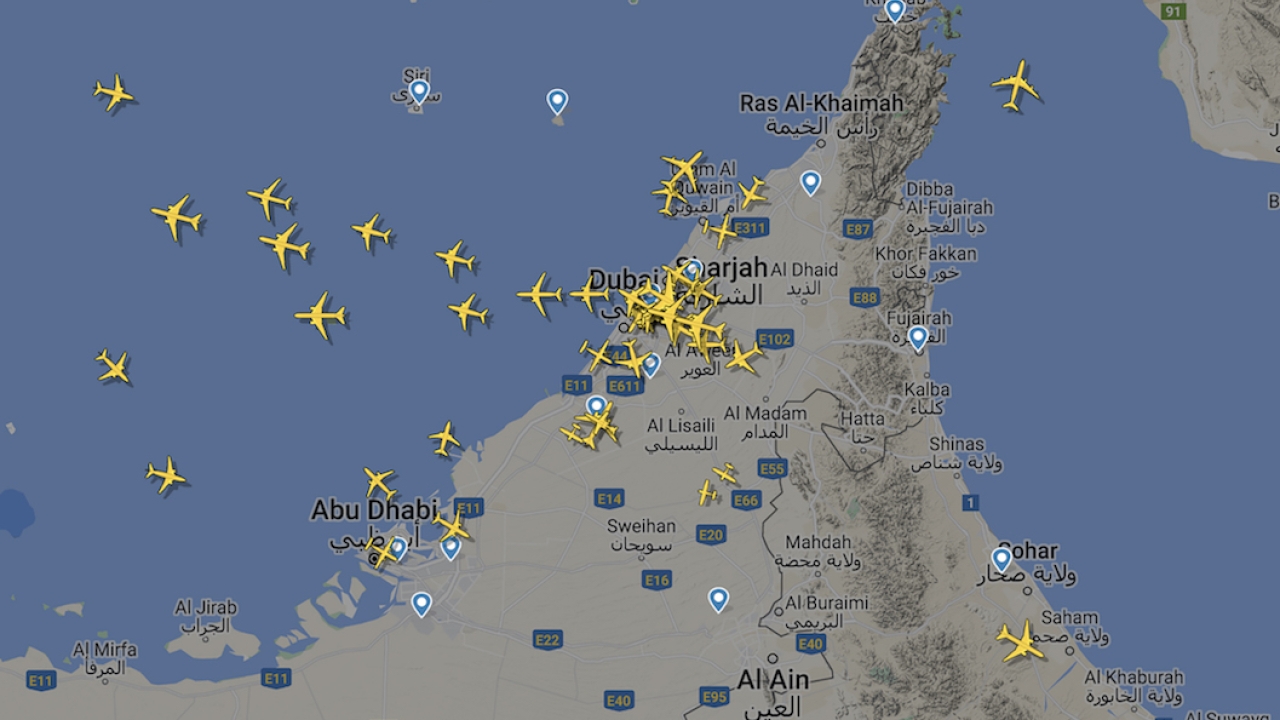Middle East aviation focuses on environmental protection

The workshop was attended by 70 experts in the field of Middle East environment and climate as well as aviation specialists from the IATA amongst other international aviation organizations.
The three-day conference set out to cover numerous aspects of aviation’s environmental footprints from noise to climate change as well as an intensive workshop discussing ICAO’s role and efforts in order to protect the environment.
Saif Al Suwaidi, GCAA director general, said: “Committing to environment sustainability and tackling climate change are top priorities and imperative to address on a global level. GCAA support all efforts undertaken by the ICAO in order to reduce emissions and find solutions while simultaneously uphold aviation growth and progress.
Laila Bin Hareb, GCAA assistant director general of strategic affairs and international relations, stressed on global cooperation in her welcome speech: “The UAE has committed to support Global Market Based Task Force (GMTF). We firmly believe in international collaboration and collective efforts as the optimal means to reach a global agreement by the 2016 ICAO Assembly.
The second session’s focused on competence enhancement and identifying the challenges states are facing with regards to preparation of plans, as well as providing the states with solutions and tools to facilitate the processes.
Maryam Al Balooshi, GCAA environmental studies manager and representative of the UAE state action plan, said: “The experts gathered at this workshop have achieved tremendous progress in their role of educating and raising awareness of environmental matters. It is a pleasure to acknowledge the states’ positive support and advancement to develop state action plans, their capability to address the challenges and allocate required resources to tackle the challenges. The aviation sector plays a vital role today as well as in the future with regard to balancing growth without compromising on environment sustainability. That is why it is crucial that we collaborate and address these subjects.”
Stay up to date
Subscribe to the free Times Aerospace newsletter and receive the latest content every week. We'll never share your email address.

